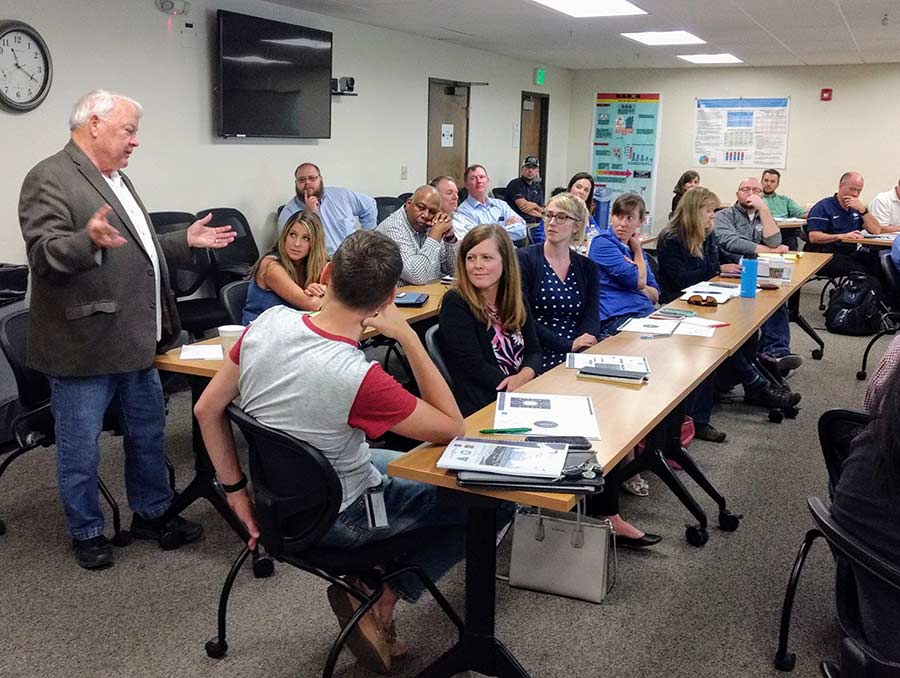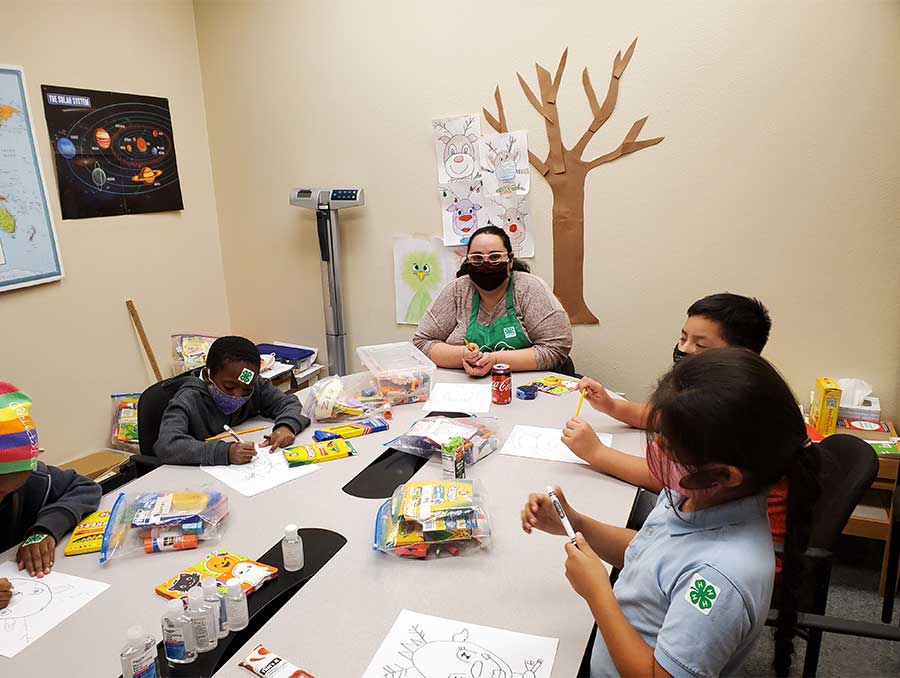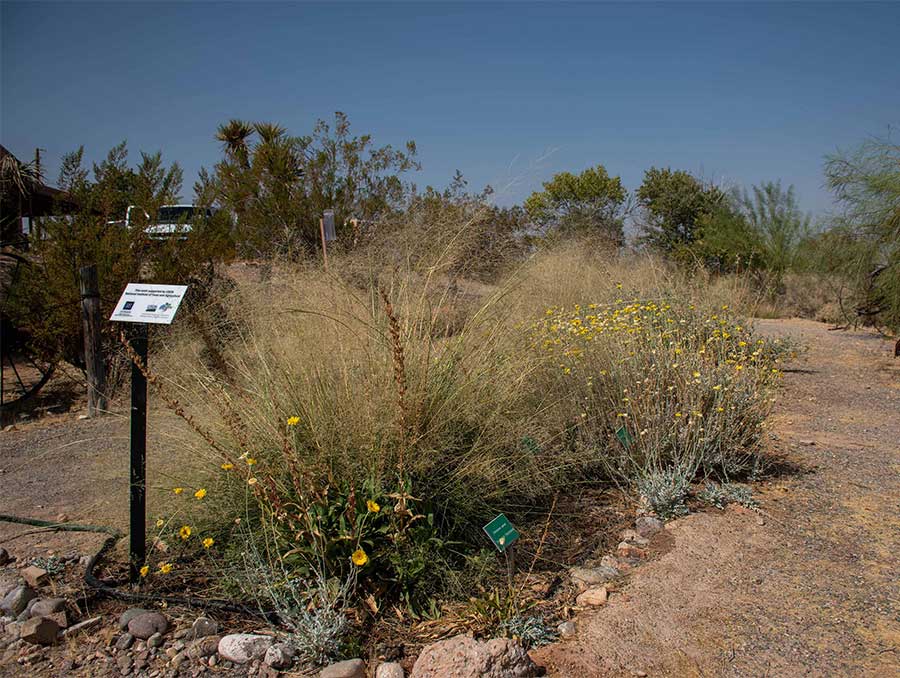A story from the annual report of the College of Agriculture, Biotechnology & Natural Resources
A collaborative statewide initiative, led by the University of Nevada, Reno Extension, was rolled out in early 2019 and will wrap up its initial assessments late this year to provide counties with timely economic data and analytical tools to improve county-level planning efforts.
The Nevada Economic Assessment Project (also known as “NEAP”) aims to provide county, state and federal agencies, and their partners, with quantitative and qualitative baseline data and analyses to better understand trends in each county’s demographic, social, economic, land use, fiscal and environmental characteristics.
The project is led by Buddy Borden and Tom Harris, who are both community economic development specialists with Extension. Harris is also director of the University Center for Economic Development, and a researcher with the University’s Experiment Station.
“Locating reliable quantitative socioeconomic data has long been a challenge for many Nevada rural counties,” said Borden. “The overall goal of the Nevada Economic Assessment Project is to develop and maintain a comprehensive database and set of county analytical tools that are useful for Nevadans working on a variety of issues relating to economic development, community planning and impact assessments.”
In each county, there is a three-step process:
- Preliminary data is collected and draft reports are issued, in collaboration with program partners.
- Community assets, divided into six categories – values, people, places, play, economic and groups/organizations – are identified and measured. Information is collected via in-person or virtual meetings with members of the community, as well as via online surveys.
- The community assets information is compiled, baseline reports are finalized through local feedback and collaboration, and NEAP’s initial package is completed and issued.
The completion of the initial baseline process helps each county with further impact studies. For example, the initial process has been completed for Elko, Humboldt and Lincoln Counties, and in Humboldt, a Lithium mining report helped determine the impact of a new industry. In Lincoln, the NEAP report showed the economic opportunities presented by mountain biking. Nine counties are currently in Step 2 or Step 3 of the process, and five counties have not yet officially begun the process.
“COVID slowed us down a bit,” Borden said. “When people are dealing with a pandemic, other matters tend to take a back seat, which is completely understandable. But, it definitely made gathering the data and getting input more challenging. For example, we also had to adapt and try to get people to attend virtual meetings on Zoom, rather than in person.”
Nevertheless, Borden said the project still plans to complete initial assessments for all counties by the end of the year, and an additional statistician has been brought on board to help compile data and keep the project on pace.
In addition to Extension, the project’s contributing members include the University’s College of Agriculture, Biotechnology & Natural Resources; Experiment Station; the University Center for Economic Development; Nevada Bureau of Land Management; U.S. Forest Service; U.S. Department of Agriculture, Rural Development; and the Nevada Association of Counties.
For more information about the Nevada Economic Assessment Project, contact Borden at EconDev@unr.edu or 702-257-5505.
Growing a stronger Nevada
A founding college of our University, we have a long tradition of excellence in teaching, research and engagement programs that benefit the health and economic vitality of Nevada.










